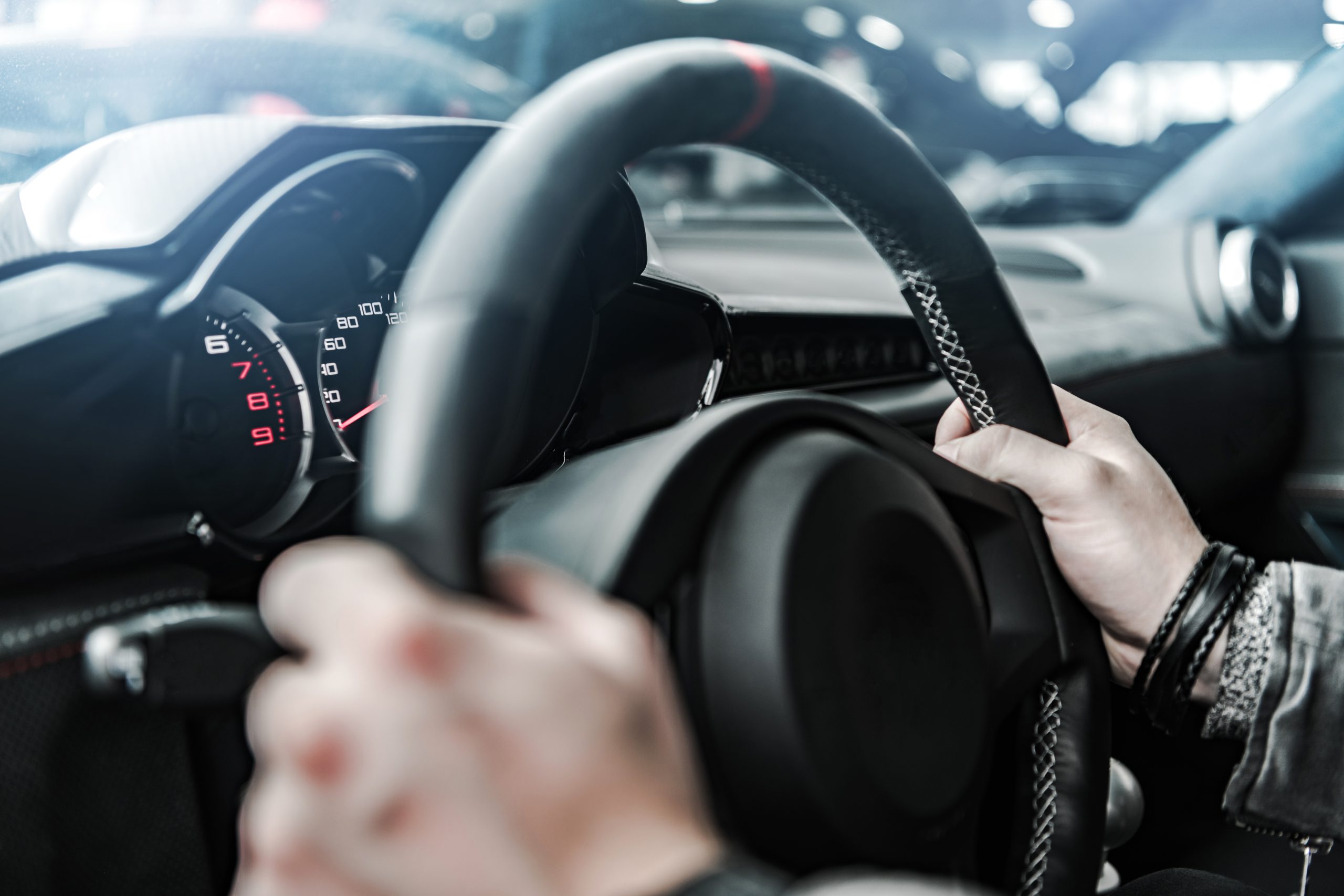Hey everyone, ever wondered why your car sounds like it’s trying to communicate in Morse code? Today I’m breaking down some of the most common car noises and what they might mean. First up, that squealing or squeaking noise when you hit the brakes—it’s like nails on a chalkboard, right? Well, it’s probably your brake pads. When they wear down, those tiny metal tabs called wear indicators start rubbing against the rotor, creating that super annoying sound.
Next, let’s talk about that knocking or pinging from your engine. This one can be pretty scary. It’s usually due to detonation or pre-ignition. Basically, if you’re using lower octane fuel than what your car needs, or if there’s carbon buildup in the combustion chamber, your engine might start knocking. Now, if you hear a grinding noise when braking, it’s definitely time to check your brake pads again. At this point, they’re so worn that the metal backing is grinding against the rotor—or worse, your rotors themselves are worn out. That’s a double whammy you don’t want.
Whining or growling from your wheels? That’s likely your wheel bearings. They’re either failing or have too much play. And guess what—this noise usually gets louder with speed. Ever heard a hissing noise after shutting off your engine? It could be normal cooling sounds, but if it’s unusual, you might have a leak in your cooling system. Better get that checked out.
Now for the clicking noise when you’re turning—that’s a classic sign of a failing constant velocity joint in the drive axle. It’s usually more noticeable during those sharp turns.
Rattling from the engine area could be a loose heat shield or exhaust components—or in a worst-case scenario, it might be something like a bad catalytic converter or loose engine mounts.
Screeching noise when you start the car? That’s likely due to belt-driven accessories like the alternator, power steering pump, or AC compressor. A worn belt or pulley is often the culprit, and sometimes the belt tensioner is failing too.
Roaring noise from the rear at high speeds? This could be worn or damaged rear differential or bearings. It might also be related to issues with the drive shaft or universal joints if you have a rear- or all-wheel drive vehicle.
Lastly, if you hear a clunking noise when shifting gears in a manual transmission, it’s probably worn clutch components, loose or damaged transmission mounts, or issues with the linkage or shift mechanism.
All right, that’s a quick rundown of some common car noises and what they might mean. Hope this helps you diagnose your car’s Morse code. If you found this helpful, hit that like button and consider subscribing for more car tips and tricks. Drive safe, everyone!



0 Comments